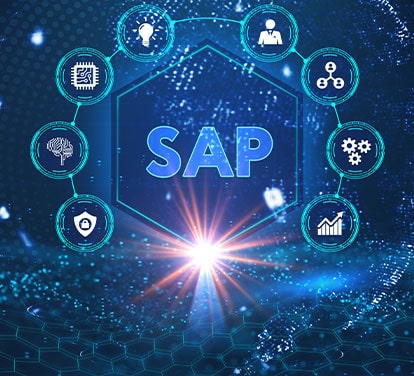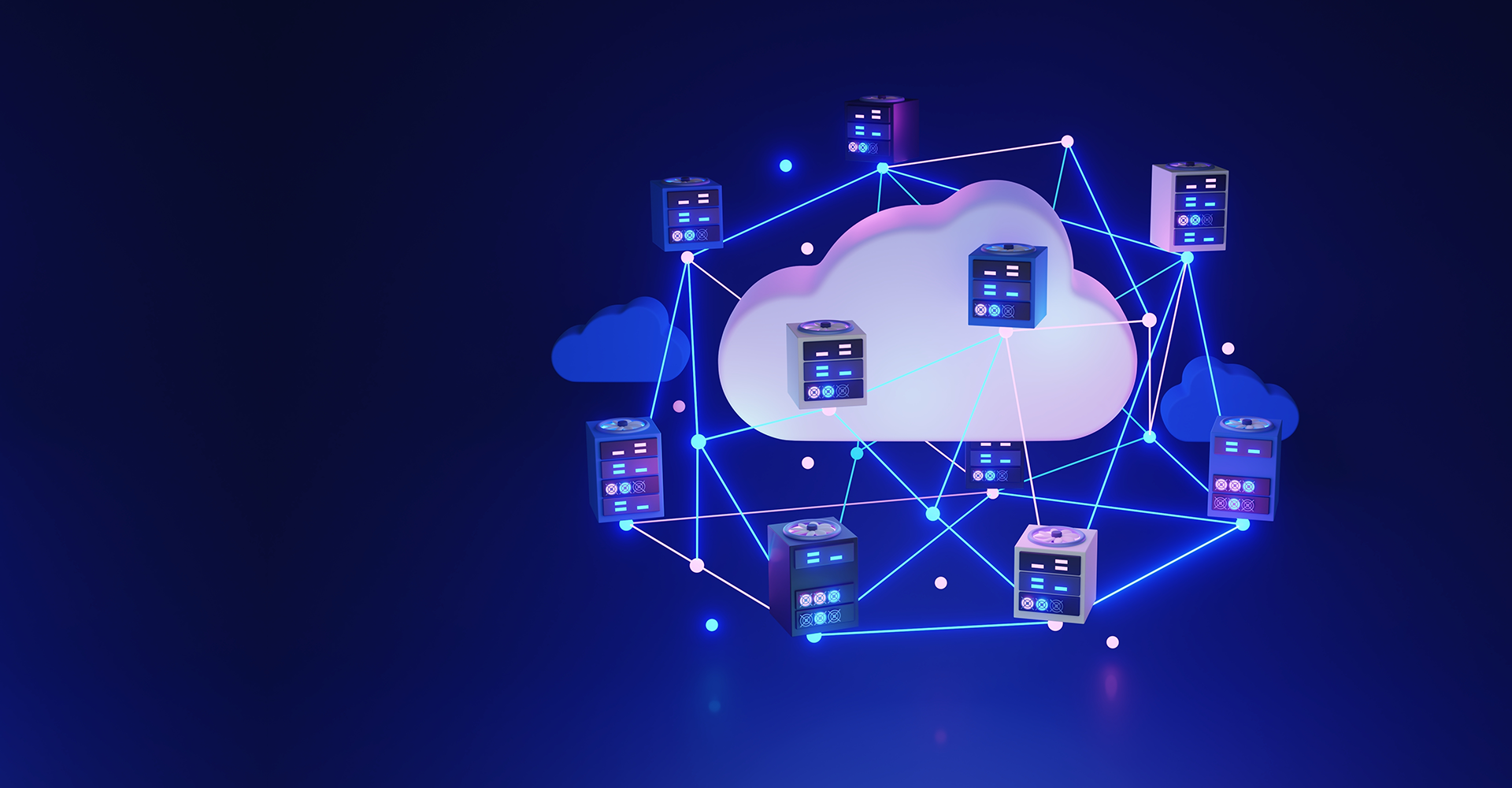For decades, businesses in a variety of industries, sizes, and regions all over the world have benefitted from using the Oracle BI (Business Intelligence) enterprise reporting platform. Since the platform’s inception which began with the release of Oracle E-Business Suite in 2003, Oracle BI Applications have been renowned for delivering great out-of-the-box content and adding excellent value to business users. Today, many customers have further extended the use of Oracle BI Apps by customizing and extending the ETL, data models, reports and dashboards. When seeking to upgrade to the latest release of Oracle BI Apps, there are key areas your company should consider. Many enterprises are left wondering whether a move is right for them due to costs of conversion or IT challenges.
Through this blog, Jade Global’s Sr. Solution Architect, Analytics & Information Management, Jenish Parekh, highlights the need for am Oracle BI Apps upgrade and the IT and business challenges faced during conversion. Moreover, he explains how Jade Global’s unique and specialized conversion tool InfatoODI, makes the process of converting hundreds of Informatica mappings to ODI interfaces a seamless process.
Why Upgrade Your Oracle BI Apps?
Since the premier support for Oracle BI Apps 7.9.6.4 (latest version of BI Apps with Informatica as ETL tool) ended on Jan 2018, many users have been trying to evaluate the upgrade options and justify the need for it. Based on multiple Oracle BI Apps implementations, upgrades and migration to Oracle BI Apps 11g, we laid out 5 key reasons why one should upgrade to Oracle BI Apps 11g and migrate to ODI.
- Improved Oracle BI Apps 11g Architecture: BI Apps 11g has been improved with simplified configuration processes, easy to use tools (like Function Setup Manager, Configuration Manger etc.), extended data models, a variety of adaptors to source the data from, and enhanced performance.
- Newly Introduced Content – The newest version of BI Apps 11.1.1.x offers improved analytics, metrics, reports, dashboards, and admin tools for configurations and load.
- Drastically Improved Performance – ETL vs EL-T – ODI delivers EL-T architecture for better performance, pluggable knowledge modules, easy & universal declarative design, and extensible architecture. This also eliminates the need for additional hardware, and leverages the power of the DB engine.
- Compatible with Oracle Engineered Systems & Oracle Cloud – Oracle BI Apps and ODI on Oracle engineered systems deliver 42 times better performance than conventional ETL tools like Informatica. They also help leverage powerful Oracle DB features. Since Oracle BI Apps 11g is also compatible to Oracle cloud technologies, it is just a step away to migrate on premise Oracle BI Apps to Oracle cloud architecture.
- Lower TCO – Oracle BI Apps 11g enables lower total cost of ownership by eliminating additional hardware requirements, utilizing the same SQL skilled resources, and eventually migrating to Oracle Public Cloud.
IT Challenges in Migrating from Informatica to ODI
Many organizations use Oracle BI Apps with Informatica, and/or standalone Informatica as an ETL tool. Most of them have built, customized or enhanced a huge volume of complex mappings in Informatica, and their business relies highly on the data populated by these ETL jobs in the enterprise data warehouse. The following list of challenges are common for organizations looking to migrate. These challenges are why many organizations have been evaluating a better solution to lower the risks and TCO.
- Skills and Resources – Such migration projects require advance skills, knowledge of Informatica, SQL/PLSQL, ODI, BI Apps, database, and functional areas. It is very difficult to find resources with all the required skills.
- Huge Volume of Mappings – Most BI Apps customers have implemented and extended BI Apps functionalities to meet business requirements and needs. The number of mappings have grown exponentially over time.
- Complex Transformation Logic, and Business Rules – With BI Apps customizations and transformation logic, business rules have increased. To re-write the customized mappings, it requires the most granular level of details of the Informatica mappings to be analyzed and considered. It becomes highly vulnerable to human errors. It also takes a lot to review, validate and certify the newly converted data for daily operational needs.
- Conversion Time: After obtaining the required skilled resources, accessing details, and rewriting such mappings, it takes time to replicate the exact mappings in ODI as Informatica. Then, it takes a huge amount of time (which most IT departments cannot afford) to validate, run the loads, verify the data, fix the errors and bugs, and certify with the business.
Business Challenges in Migrating from Informatica to ODI
- Cost of Conversion – The cost of manual conversion is the key challenge any BI Apps/ Informatica user experiences. It becomes very difficult to justify the ROI to business stakeholders.
- Consistency and Accuracy of Data – It takes a lot of time to review, validate and certify newly converted data for daily operational needs.
- TCO – The total cost from IT and business resources to migrate from Informatica to ODI is challenging and hard to control in normal situations.
The Solution to Migrating from Informatica to ODI
InfatoODI is the Informatica to ODI conversion solution designed and developed by Jade Global. It is a patent pending tool that enables up to 80% overall automatic conversion of your existing customized Informatica mappings. This significantly reduces the duration of the conversion process and mitigates the risks of losing business logic and data. The solution and methodology to migrate to Oracle ODI from Informatica further delivers value with Jade’s fixed price, scope and time engagement model.
InfatoODI Solution Architecture Converter Ecosystem:
Jade Global’s InfatoODI tool is designed using ODIs, public SDKs and APIS. The tool is capable of reading the metadata from Informatica, DAC and BI Apps servers and extracts the required information for the conversion. It is designed to analyze the complexity of the mappings and identify the customization from BI Apps legacy environment. Once the conversion process is complete, it generates detailed logs for diagnostics that help Jade developers reach detail that is obsolete or newly added in newer BI Apps framework.
ODI Converter:
The ODI converter client tool is installed in the customer network to interact with Informatica, DAC, ODI, and respective metadata repositories to perform the transformation.
Project Execution Framework:
Jade’s project execution framework has been successfully tested and implemented for multiple customers. Jade delivers the promising solution to convert Informatica mappings to ODI in a fixed time, fixed scope and budget.
Solution Coverage:
- Informatica custom/ standalone mappings: Convert completely custom and home grown Informatica mappings
- Informatica components: Source, targets, SDEs, SILs, lookups, expressions, transformation etc.
- BI Apps customizations: Category 1, 2, & 3
- Conversion Rate: Simple 100%, Medium ~70%, Complex ~50%
To schedule a meeting, detailed demo, or learn more about upgrading to the latest version of BI Apps and InfatoODI, please email info@jadeglobal.com
A Deeper look at the InfatoODI Solution Architecture

Benefits of using Jade Global’s InfatoODI Conversion tool














